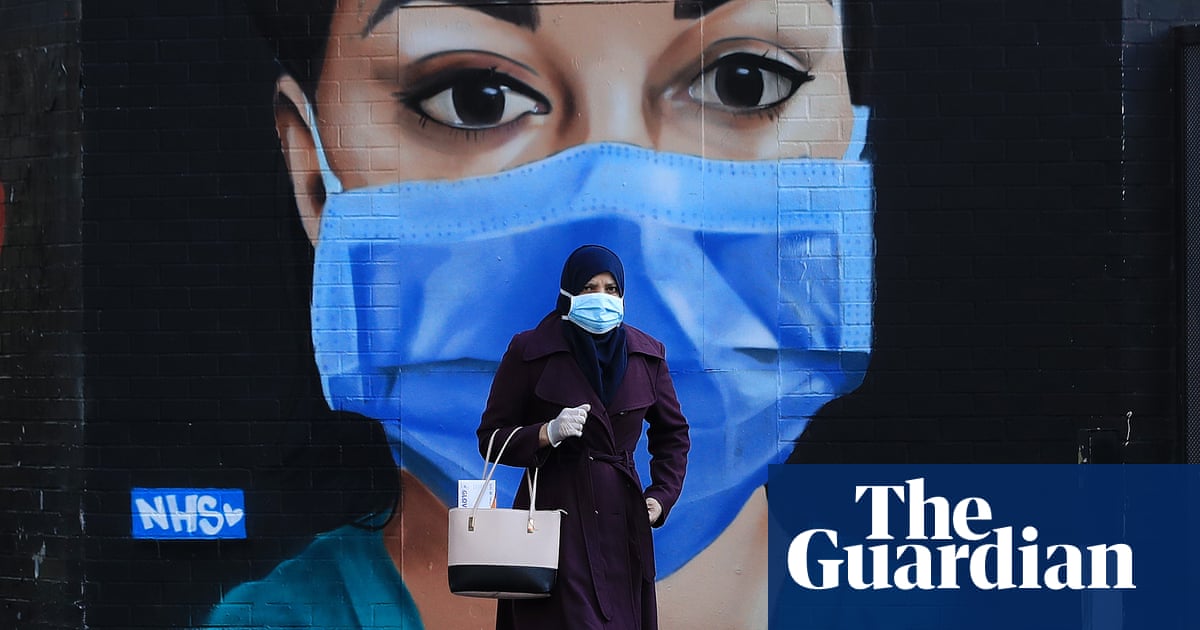
The new British government of Boris Johnson is charging unapologetically toward a no-deal Brexit. Yes, Johnson proclaims, we want a deal but we do not fear a no-deal, and his government is busily preparing for such an outcome on Oct. 31.
For ages, the Westminster consensus was that a no-deal outcome would be a self-inflicted catastrophe. Not so now. The British public either want Brexit delivered or Brexit cancelled. Those pushing for a deal are in decline. The preparations under Theresa May for a no-deal were half-hearted at best, but at face value Johnson and his Machiavelli-like chief adviser Dominic Cummins are serious.
It begs the question — who is ready for this blindfolded dash off the cliff edge and is there a parachute? The EU certainly had a head start but the extra six-months extension should allow the UK to prepare more effectively. The Confederation of British Industry (CBI) produced a report indicating that neither the UK nor the EU is prepared for no-deal but the latter was actually some way behind on something that Brussels has contested fiercely. In the UK, its research found that 24 of 27 areas of the UK economy would experience disruption.
No two experts agree on what a no-deal scenario would look like, and how short-term the pain and the chaos would be. The governor of the Bank of England predicts Britain would face a “real economic shock,” which would lead to bankruptcies and a further drop in the pound. In 2016, the pound was at $1.50, but today it is hovering precariously around $1.21. Performers at the Edinburgh festival were refusing to be paid in British pounds. Downing Street claims that it shows businesses now understand no-deal is possible. Food would become more expensive. One study showed it would cost a family an extra £220 a year in food bills. Farmers in Wales are furious as they believe that EU tariffs after no-deal would crush them. Britain exports most of its sheep worth around £350 million to Europe and if this is halted, then the sheep may be shot or burnt in the fields near Dover.
The EU kicked off its plans back in December 2017. Tensions do exist about how far to go. Do too much to mitigate against the negative side effects, some officials fear, and it becomes too easy for Britain. In their view no-deal must have some serious pain.
British officials are in full preparations mode. Johnson has created a “war cabinet” and slim-lined the number of committees handling this. Local councils have been instructed to appoint no-deal “czars” to fast-track their planning, although the councils are requesting extra resources for this. Senior doctors want ‘‘urgent clarification” of plans to supply cancer treatments in the event of a no-deal Brexit. The army would be on call to assist in the event of no-deal to keep order and hand out supplies.
The government has set aside a further £2.1 billion for a no-deal exit, in addition to the £4.2 billion allocated by the May government. Part of this will be for imports of critical supplies including medicines and chemicals. Bear in mind for example that typically the UK has six-weeks of stocks of chlorine, used for drinking water. The government points out that a fair chunk of this is necessary spending just for leaving the EU even with a deal. Opponents depict this as a huge waste of vital funds on a scenario that should never be allowed. In addition, the government intends to spend around £130 million in a massive public relations campaign for no-deal giving advice and help.
Plenty of legislation has to get through Parliament as well, providing opportunities for opponents to block, delay and amend legislation. This risk was heightened when the government’s working majority was cut to just one after a by-election on Aug. 1.
Quote: For ages, the Westminster consensus was that a no-deal outcome would be a self-inflicted catastrophe. Not so now. Chris Doyle
Are both sides prepared on the issue of citizens’ rights? Uncertainty still prevails over who will get settled status. Transport issues are unresolved. Will there be flights after Oct. 31 between the EU and the UK? There can be but yet again mutual agreements will be required.
Britain is also looking to offset the impact of Brexit by rolling over trade deals with 40 non-EU countries that have trade agreements with the EU. This has reaped mixed results so far, as less than half have agreed to this. The big prize is a trade deal with the US but, even if it is agreed with the Trump administration, the Democrats in Congress will block any deal if the Northern Ireland peace agreement is under threat.
The Northern Irish border remains the greatest challenge. No party has workable proposals on how to mitigate the effects of no-deal through any temporary solution to avoid a hard border. A hard border might mean posts and cameras, which could trigger Irish republican reactions with the peace deal placed in serious jeopardy.
It is not just the physical world that is affected. Data transfers will need to be agreed as well. EU members can freely transfer data across borders but when Britain leaves this no longer applies. Britain will allow companies to transfer data to the EU, but Brussels has not agreed a reciprocal arrangement so personal data will not be transferred from the EU to Britain.
The pace of preparations may beat a snail but are not exactly at a sprint yet. The cynics may feel that the Johnson-led Conservative party may be even more concerned to ready itself for a general election that could happen later this year or at least by next summer. It still looks a pretty steep cliff edge.












